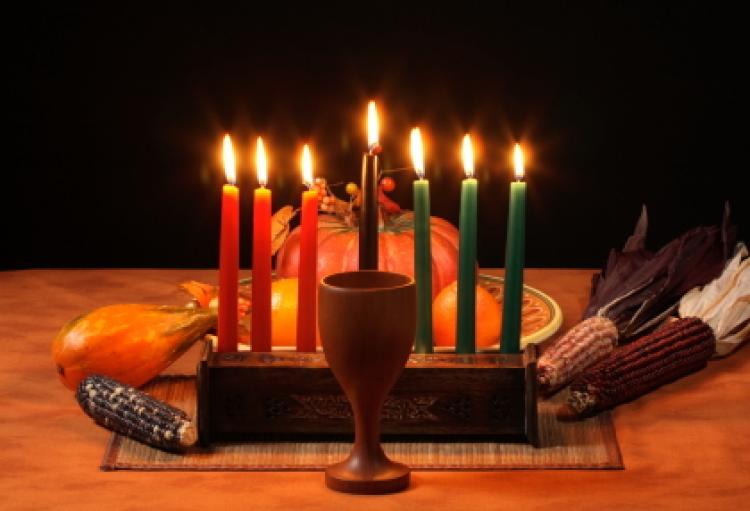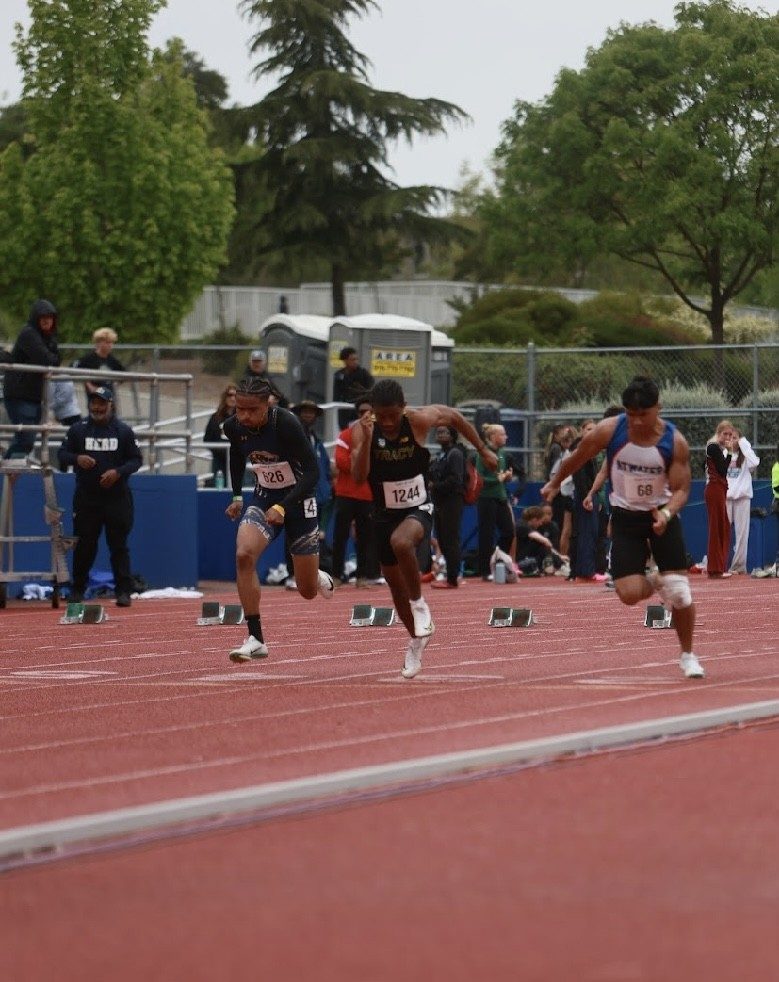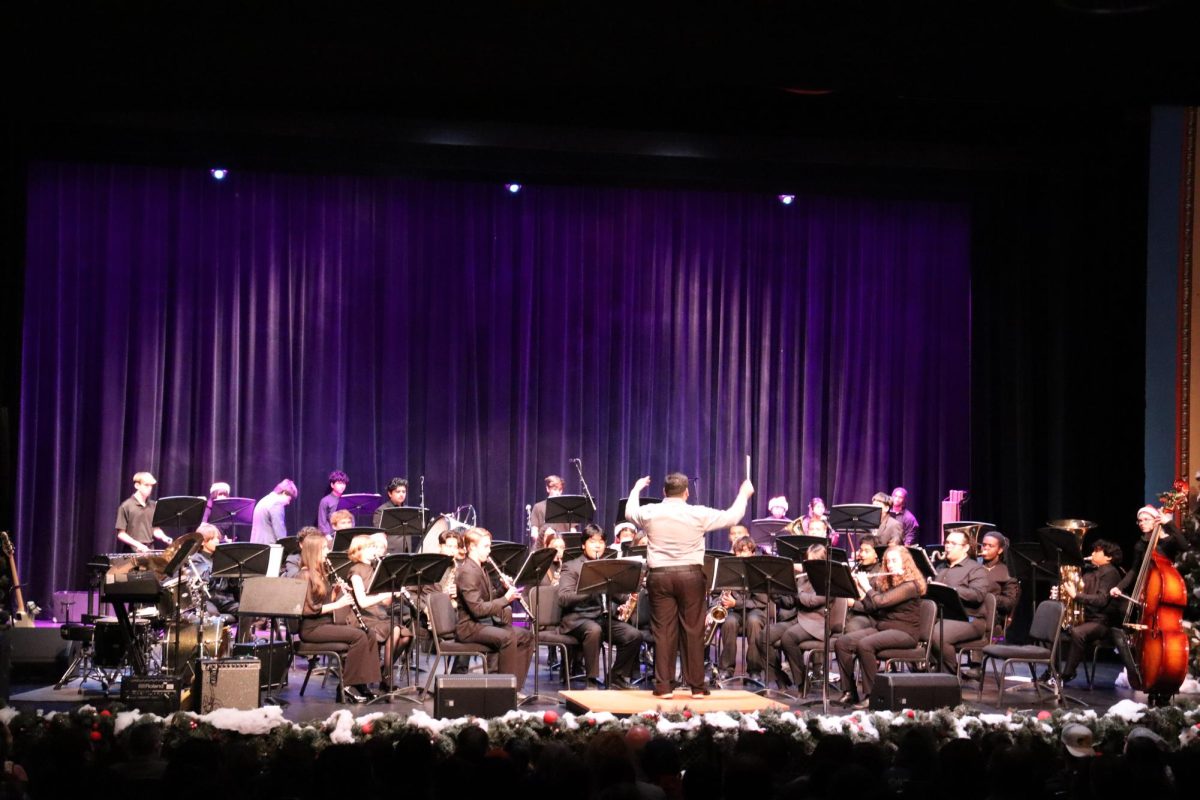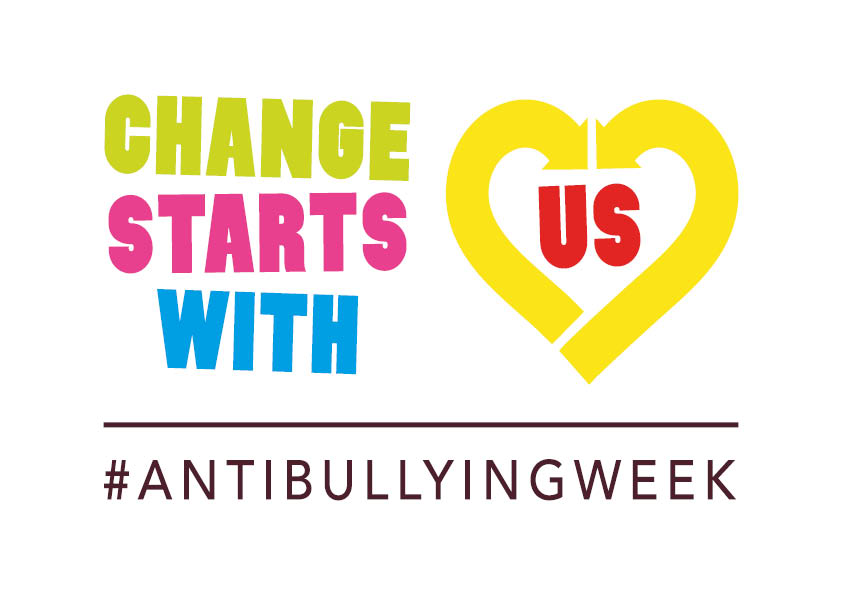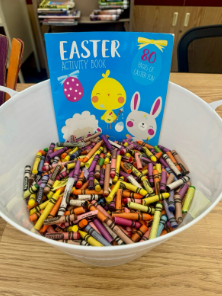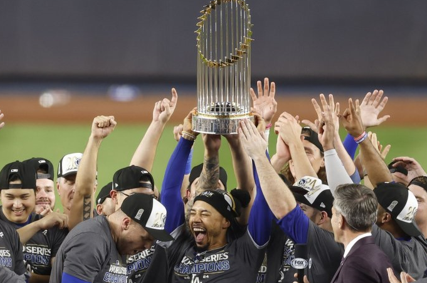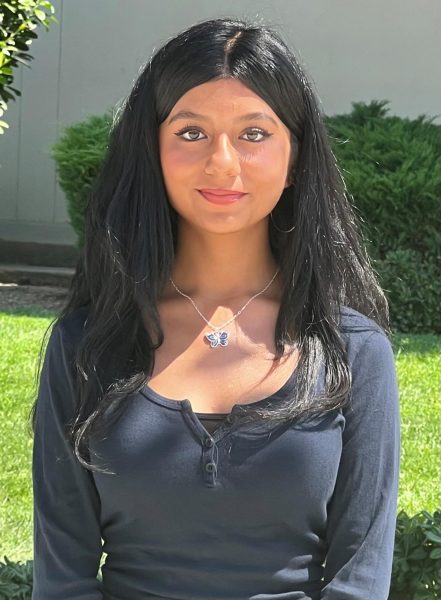December is a month filled with several events and holidays which brings friends and families together, one of the many celebrations is Kwanzaa.
Kwanzaa is an African American celebration which was created by Dr. Maulana Karenga in 1966. Dr. Maulana Karenga was a professor and chairman of Black Studies at the California State University. Dr. Karenga created Kwanzaa by deriving ideas and traditions from many different harvest celebrations of Africa.
“Kwanzaa must and will remain essentially a cultural holiday which celebrates family, community and culture, stresses the producing, harvesting and sharing good in the world and invites us to meditate seriously on the wonder, good and awesome responsibility of being African in the world,” Karenga said.
The word Kwanzaa came from the Swahili phrase “matunda ya kwanza” which translates to “first fruits”. Every year, Kwanzaa is celebrated for a week, from December 26th until January 1st.
According to the Associated Press, Kwanzaa is not only a way for African Americans to honor their culture, but it is also a part of the black power movement of the era it started in.
During Kwanzaa, there is a celebration for each day of the week about the seven principles. These are unity, self-determination, collective responsibility, cooperative economics, purpose, creativity, and faith. In Swahili language these seven principles translate in order to Umoja, Kujichagulia, Ujima, Ujamaa, Nia, Kuumba, and Imani.
Aside from the seven principles celebrated during Kwanzaa, there are also seven symbols used during the festivity. The symbols are fruit, vegetables, nuts, a mat made of straw, a candleholder, ears of corn, and gifts. There is also a cup which is used to signify unity which has seven candles, colors of red, green, and black, which symbolize the seven principles.
On every day of the week during Kwanzaa, the family will light a candle from the candleholder. The candleholder is called a kinara. Then, the principle of the day is talked about and celebrated.
When December 31st comes around, a feast called a Kamaru is celebrated. Kamaru mean “Feast of Faith” in Swahili. In this feast, small groups, large groups, or even whole communities come together to celebrate Kwanzaa in the feast. The day after, January 1st, marks the end of Kwanzaa.
Kwanzaa is celebrated within African American families all around the world.
As stated by the Associated Press, the African American Cultural Center marks the number of those who celebrate Kwanzaa worldwide at 30 million.
Aside from the many people who celebrate Kwanzaa every year, there are still many young African American people who don’t have a lot of knowledge on the holiday.
“When you start talking about Kwanzaa and the history of it and what it truly means for African American people, this is something that is new and mind-boggling for some of our students,” says the president of the Atlanta Alumnae Chapter for Delta Sigma Theta Sorority Inc., Camille Zeigler. Other people and students have simply just heard of the holiday celebration but didn’t know anyone who celebrated it.
Even so, Kwanzaa continues to uphold its importance in the African American culture by celebrating its history, values, food, family and community.

